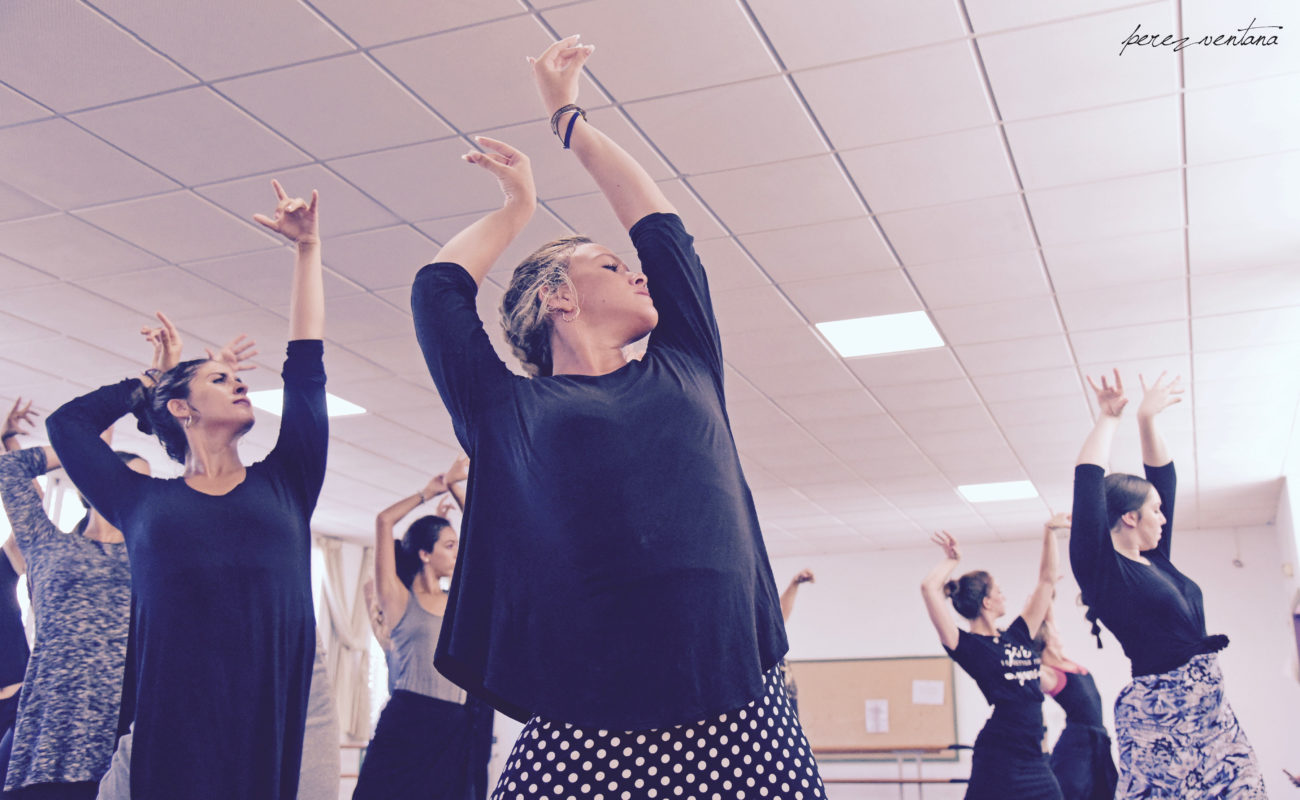Flamenco is life, not a factory
True flamenco differs from other artistic disciplines, such as classic or contemporary dance, in that life experiences are necessary, besides innate abilities. Flamenco is life, not a factory.

Learning flamenco is a worldwide fever nowadays. That is a good thing, and a worrisome thing, mostly because not all artists can teach such a complex art form, for which innate aptitudes are required. There is a risk that this difficult art ends up degraded, like it happened many years ago with the sevillanas, a genre that has little to do with the arte jondo. One thing is to be able to sing, play the guitar and dance well, and another totally different is to train, to have instructing abilities, to know the mechanisms of teaching. For this worldwide phenomenon to happen, two circumstances have combined: UNESCO’s recognition of flamenco as Intangible Cultural Heritage of Humanity, and the arrival of a brutal economic crisis, bringing culture budget cuts, which naturally affect the art of flamenco. Many performers have seen their income levels threatened and have decided to become instructors, teaching courses left and right in flamenco country and beyond. Some of these performers not only are not prepared to teach, but need instructing themselves.
I am not sure if this matter should be regulated is some way, because it’s getting out of hand. Flamenco has always had its schools or academies, from its very beginnings, directed by instructors with recognized ability, such as, in Seville, for instance, the boleros Manuel and Miguel de la Barrera or Amparo Álvarez La Campanera, their disciple. They trained Ángel Pericet and Maestro Otero, and they in turn instructed several generations of artists and teachers. They were instructors who knew baile very well, and also guitar and cante. That is, the music. They were legitimized to teach, such as today’s great masters. Yet, that’s not the case with those who teach purely for financial need, to overcome the financial crisis. Moreover, they may end up creating a roll of little-prepared artists, making just about anyone hoping to make a living off flamenco art, while this has always been an occupation reserved for artists with the gift of compás, deep voice, emotion and pellizco. Technique is important, and it can be learned by studying hard, but there are things that cannot be learned in a course or in a master class. True flamenco differs from other artistic disciplines, such as classic or contemporary dance, in that life experiences are necessary, besides innate abilities. Flamenco is life, not a factory.




